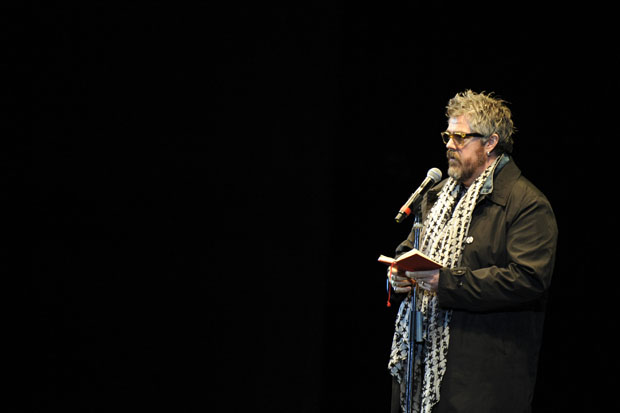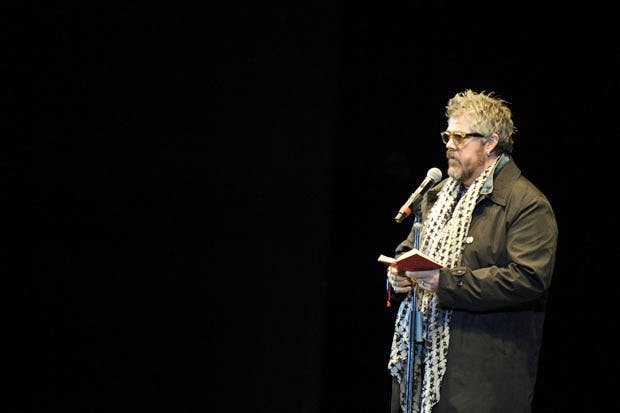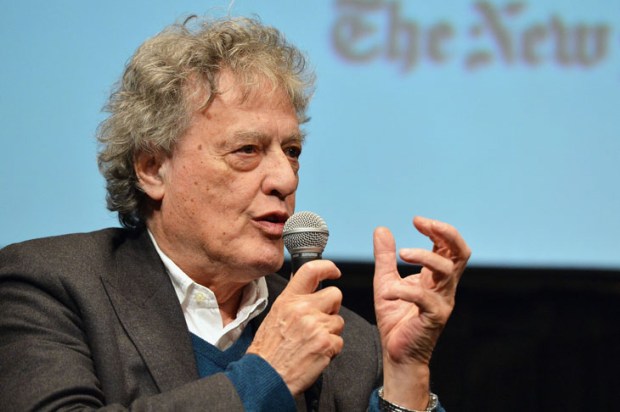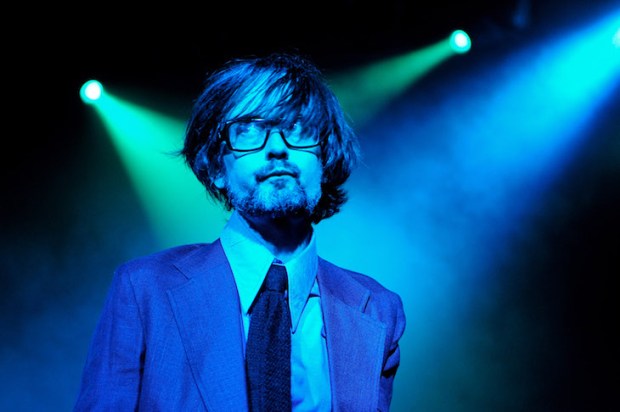When did you last experience a boring Sunday afternoon? If you’re over 16, probably not since you were last 16 and stuck at home, raindrops sliding down the window pane, nothing on TV until five o’clock, nowhere to go because everywhere is shut. But boredom, says Phill Jupitus, has become an endangered emotion. Now that we have smartphones, at a gentle swipe, the touch of a button, we have access to any amount of diversion, 24 hours a day. We need never find ourselves with nothing to do, nothing to read that takes our fancy, no one to talk to. He’s not happy about this. In Being Bored: The Importance of Doing Nothing (produced by Luke Doran) he looks to Tony Hancock (and his ‘Sunday Afternoon at Home’ sketch), Reggie Perrin (who once, out of petulant boredom, orders ravioli for every course at his local Italian) and the Boring Conference to explain why we should be cherishing and preserving that sensation of frustration, futility and general fed-upness that are boredom’s peculiar characteristics.
Every year a sell-out crowd gathers in London to hear lectures about toast, barcodes, the shipping forecast (yes, even that heartland of Radio 4 life has been declared an interest-free zone), to celebrate ‘the mundane, ordinary, obvious and overlooked’. The conference organisers promise that ‘nothing of any value or importance will be discussed’. Instead participants will be persuaded of the wonder that can be found in the minutiae of life, those details of everyday existence usually regarded as too dull, too repetitive, too quotidian to be spoken about, let alone celebrated and given star billing.
Jupitus yearns for that time when, growing up in suburban Essex, he and his mates wandered up and down the high street, too old for the swings but too young for the pub. He’s pretty sure that out of that time came his desire to do something with his life, and it definitely gave birth to punk. Not that the Sex Pistols were the first to make music out of being bored. As Jupitus’s researches in the radio archives reveal, the composer Erik Satie’s Vexations takes a single phrase and asks the pianist-performer to repeat it 840 times. John Cage premièred it in 1963, a performance that lasted for 18 hours, at the end of which he said it was like having a religious experience.
Boredom, says Jupitus, can inspire, be meditative, allow us to regain some kind of focus in an age when digital devices are reducing our attention span to that of goldfish, just eight seconds. Who knows what might never have been invented without boredom? ‘After all, if Professor Tolkien had been a racing-car driver or a bomb-disposal expert, would hobbits ever have been created?’
Over on Radio 3, Matthew Kaner has had no time to be bored since he took up his post as resident composer in September. Every week since then, Kaner has had to come up with a new work to be premièred on the Monday edition of Breakfast and then repeated through the week. The last of these miniature pieces will be aired on 5 December, to mark the end of the station’s 70 days of celebrations marking each of its 70 years.
Ten new works in ten weeks, each about three minutes in length. ‘It’s a bit like running a marathon,’ says Kaner, getting up early each morning to write. He has adapted Hemingway’s advice to writers, always stopping work while in the middle of a bar of music, a phrase, a thought, to ensure that when you go back to the computer you have something to latch on to and take you right back to where you were.
Kaner applied for the residency because he wanted ‘to learn how to trust myself’, and how to work when you just have to get on with it. He won his place by suggesting that each piece he created would be inspired by a different composer, mostly contemporary but also including Telemann and Hildegard of Bingen, and scored for very different combinations of instruments. Over the past few weeks we have heard his pieces for solo clarinet, four baroque violins, the BBC Singers, viola and bass baritone (setting words by Kafka). Yet to come is a magical piece for piano trio, inspired by the Korean composer Unsuk Chin.
His role is all part of 3’s mission to take the audience to new places in music, to ensure (with apologies to Jupitus) that boredom is never possible. Saturday’s edition of Hear and Now gave us an extraordinary work from the Huddersfield Contemporary Music Festival. Georg Friedrich Haas’s The Hyena is scored as a concerto for storyteller and orchestra and we heard his wife, Mollena Lee Williams-Haas, using her rich, sonorous voice to tell her story as a former alcoholic against the spectral music of Klangforum Wien. Her words ranged from the poetic, ‘Let the pain leaven the incessant sensation of worthlessness, the susurration of hopelessness’, to the most basic communication, ‘You really should not have stopped drinking.’ It should not have worked, but it was absolutely compelling, the music setting the nerves on edge, just as she was teetering on the edge.
The post Interest-free credit appeared first on The Spectator.
Got something to add? Join the discussion and comment below.
Get 10 issues for just $10
Subscribe to The Spectator Australia today for the next 10 magazine issues, plus full online access, for just $10.
You might disagree with half of it, but you’ll enjoy reading all of it. Try your first month for free, then just $2 a week for the remainder of your first year.













Comments
Don't miss out
Join the conversation with other Spectator Australia readers. Subscribe to leave a comment.
SUBSCRIBEAlready a subscriber? Log in